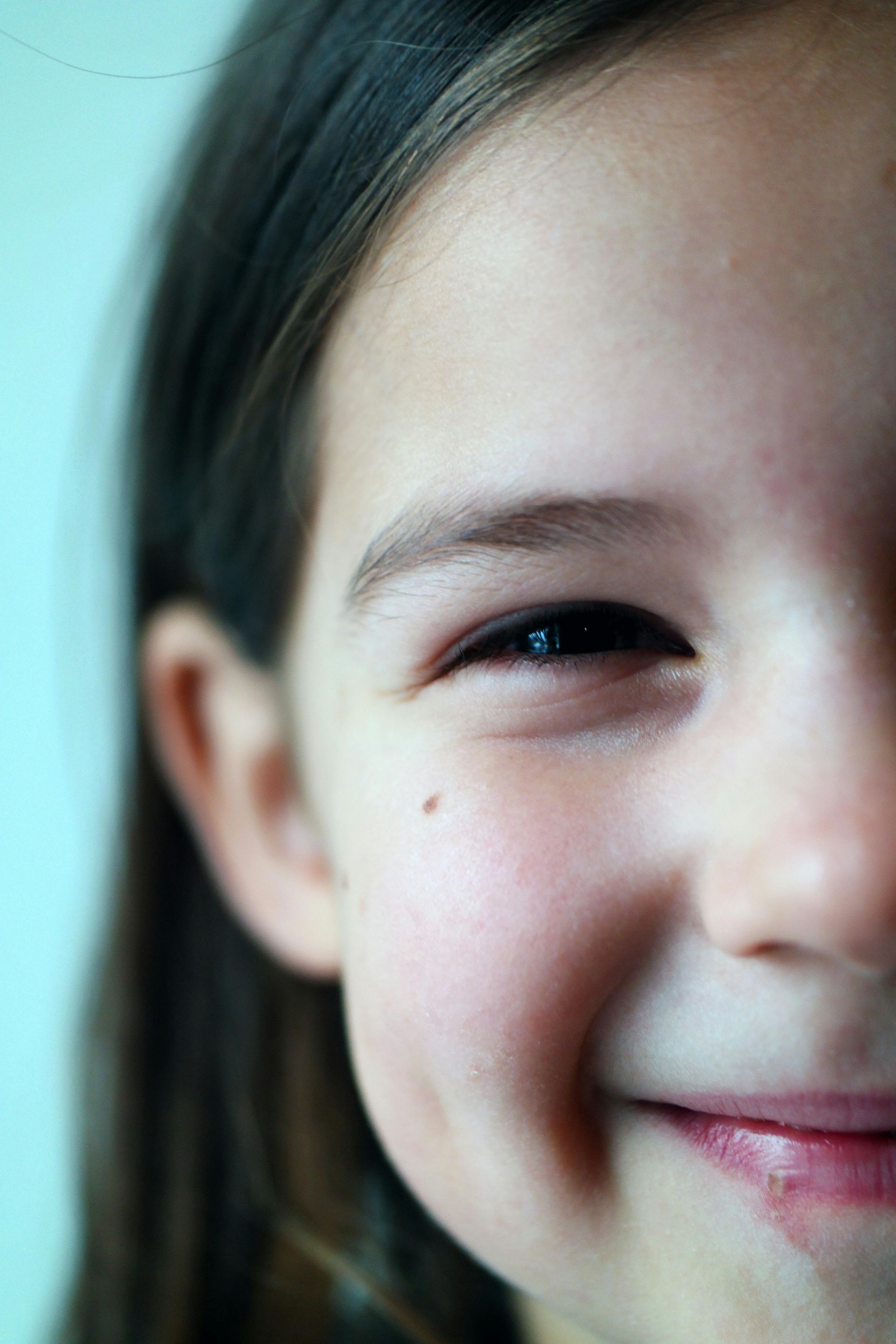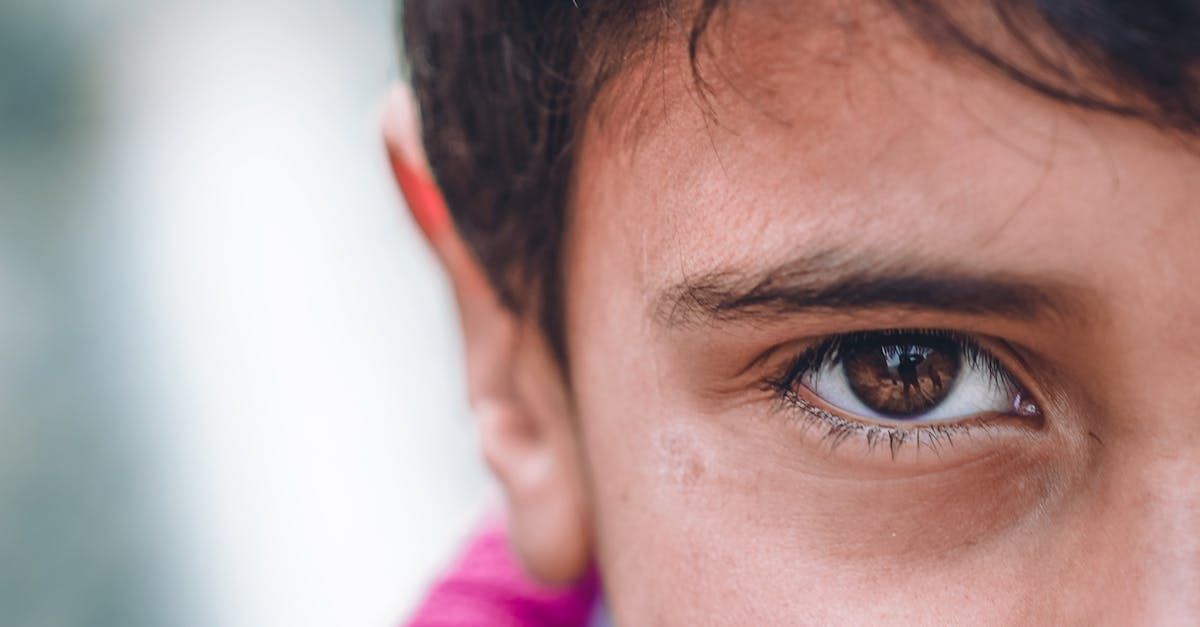Handle Rudeness; Help Kids Open Up, Instead of Shut Down
Ceara Deno, MD • January 21, 2025
Schedule A Free Call
Handling Rudeness

Is your child frequently mean or rude? Is it getting worse?
Is this a normal stage?
Is it just part of being a tween or teen?
Are they trying to be disrespectful?
Are they just ungrateful, or spoiled?
If you feel frustrated and unsure how to respond, you’re not alone.
But here’s the thing: kids aren’t mean and rude for the reasons we often think.
Rudeness and meanness is usually a way kids protect themselves when they feel hurt, embarrassed, or overwhelmed.
Why Kids Are Rude
Rudeness usually masks vulnerable feelings that kids don’t feel safe or able to express. Behind a sarcastic remark, an eye roll, or a snappy tone might be a child who feels:
- Hurt or insulted
- Embarrassed or ashamed
- Unseen or uncared for
- Overwhelmed or stressed
- Threatened or powerless
When kids don’t have the words or the emotional safety to share what they’re really feeling, they often lash out with behavior that looks like rudeness. It’s not about disrespect; it’s about protection.
When we help kids express and share their true feelings, even vulnerable feelings, the need for rudeness fades away.
How to Respond
The good news is that rudeness can often be softened or even eliminated by creating a safe space for kids to share their real feelings. When parents respond with empathy and curiosity instead of frustration, it helps kids move out of their defensive mode and into connection.
Here are two simple but powerful phrases you can use:
“You sound like you’re struggling, tired, stressed, or upset. How can I help?”
“You seem upset. What can I do?”
These responses show your child that you’re paying attention, you care, and you’re available to help—without shaming or punishing them for their behavior.
The Transformation
When kids feel safe sharing their vulnerable feelings, they no longer need to defend themselves with rudeness. Instead of snapping, they can say things like:
“I’m so tired.”
“I feel overwhelmed.”
“I’m upset about something.”
These moments of honesty open the door to genuine connection.
When we respond with empathy and understanding, we teach kids that their feelings are valid and manageable, and that they don’t need to hide behind rudeness.
Imagine your child saying, “I’m having a really hard day,” instead of snapping or rolling their eyes.
Final Thoughts
Rudeness is a sign that your child is struggling with something beneath the surface.
By shifting your focus from the behavior to the feelings driving it, you can help your child feel understood, valued, and supported.
Over time, this approach fosters trust and emotional resilience, creating a stronger connection between you and your child.
If you’re ready to help your child move past rudeness and find healthier ways to express themselves, I’d love to support you.
Schedule a free call with me to learn how you can transform tough moments into opportunities for growth and understanding.

I f you are the parent of a highly sensitive or strong-willed kid, stuck in constant power struggles, meltdowns, or angry outbursts, I’d like to share something with you. This is my method how I transform families. I’d like to share exactly how I take families from constant power struggles and meltdowns, to peace, harmony and connection . In only 12 weeks. Working one-on-one with parents. Via weekly Zoom calls. Here is What I Do: Step #1 : We transform your listening, so your child learns how to listen more respectfully to you, too. Step #2 : We strengthen self-empathy & self-compassion, so you feel connected, confident, and joyful as a parent. Step #3 : We stop patterns leading to big explosions and dysregulation. This means your child has fewer meltdowns, and you can actually enjoy your child, and stop walking on eggshells. Step #4 : We teach you how to set boundaries peacefully, so your child behaves better, listens more, and argues less. Step #5 : We stop sibling fighting, so your children get along better, and you don’t need to constantly referee fights. Step #6 : We focus on communicating differently, so your kid is more open to feedback and correction, and less likely to shut down, lash out, or become defensive. Step #7 : We learn how sensory challenges and your child’s high sensitivity might be creating challenging behaviors--so we can make life easier for you both. Step #8 : We get you and your partner on the same page, so you can stop disagreeing about parenting and start supporting one another. Step #9 : We celebrate your child’s unique personality, so you can enjoy your child, and stop feeling stressed, anxious or fearful about their future. Step #10 : We focus on your needs as a parent, so you feel less stressed, more calm, and joyful. So then what? What happens next? How will you feel? First, you will feel calmer. More confident. You’ll enjoy your child more. You’ll see your child in a more positive, hopeful way. You’ll connect better. Your child will listen more. Behave better. Have fewer meltdowns or big emotional explosions. You’ll notice your child using words to express their emotions and needs in healthier ways. You and your child will both feel less reactive, less bothered by little issues, and more able to find joy and connection. If you have a partner, the two of you will feel more like a supportive parenting team, and less likely to feel criticized, blamed, or judged for your parenting. You’ll have a shared vision and goal in parenting, and understand how to support each other better. You’ll feel more confident setting peaceful limits, and your children will be better able to hear you say no and tolerate the feelings that come with that. You will be able to go places that you might not have taken your child in the past, for fear of what might happen. If you have multiple children, they will fight less, get along better, and learn how to handle conflict between themselves more. If you are highly sensitive, you will better understand how to support your own needs as a parent, so you are less likely to feel overwhelmed and overstimulated, and more likely to feel energized and at peace. If your child is highly sensitive, you’ll better understand how to create a life that supports your child’s unique needs, and know how to make life function better for everyone. ******* If you are ready for support with your highly sensitive or strong-willed child’s big emotions or power struggles, you don’t have to do this alone. Let’s chat, and I can share more about how I can help create harmony. Schedule a free call with me today.

Many common challenges parents face with children misbehaving or being oppositional are actually signs of hidden sensory issues. This includes challenges like meltdowns, picky eating, hyperactivity, and resistance to hygiene—these can all be signs of hidden sensory issues. Discover practical ways parents can support their child’s sensory needs with empathy and simple accommodations.

These are the parenting ideas that help me to show up when life is messy. I call them my parenting mantras. How did I come up with these?
They arise from my experience as a mom for 16 years; my experience helping parents create peace and connection as a parent coach for 8 years; and my experience helping parents of NICU babies handle new parenthood and a child’s health crisis as a pediatrician in the NICU for 20 years.
These mantras that have helped me through my own struggles, and I think they can help you as you navigate parenting struggles, and seek to create a more peaceful, connected home as well.

Sometimes in our most stressful parenting moments, we can feel like we are not on the same page with our partner, or even that we are on opposing teams. This can happen because we have different parenting styles which can become more accentuated when a child is highly sensitive, or has big emotional reactions. Sometimes what appears to be a parenting challenge is actually a relationship challenge instead. Here are some common dynamics I see that are actually relationship challenges disguised as a parenting challenge.

Does your strong-willed or highly sensitive child meltdown with anything unexpected, refuse to get dressed, or lash out when you say “no”? Despite what it seems, they’re not trying to give you a hard time. They’re just HAVING a hard time. Many highly sensitive children struggle with their behavior in ways that looks like defiance and resistance, but it’s actually fear, anxiety and emotional overwhelm. By understanding this, we can find better solutions that help our kids to cooperate and have better behavior.

You make a small request of your strong-willed or highly sensitive child, and you get defiance, arguments, and power struggles. What’s going on? It’s NOT what you think. Many kids who look defiant are actually kids struggling to transitions to a new activity. Transitions are challenging for everyone, but for some children, because of their brain wiring, transitions are more challenging, creating major power struggles. Here’s what cures defiance.

For highly sensitive children especially, punishments often backfire, making behavior and your relationship worse than ever. How can we discipline highly sensitive children in effective ways that are based on trust, learning, and maintaining a close, connected relationship with their parents? We want to avoid punishments, and instead set boundaries with empathy and kindness, practice collaborative problem-solving, and do emotion coaching.

Do you have an argumentative or defiant kid? Many of the families I coach do.
If you have an argumentative child who needs to be in control, who is resistant and defiant with even small requests, who refuses to go outside his comfort zone, or who struggles with disappointment or embarrassment, this explains why your child is so challenging, and how to help them be more flexible and cooperative.


